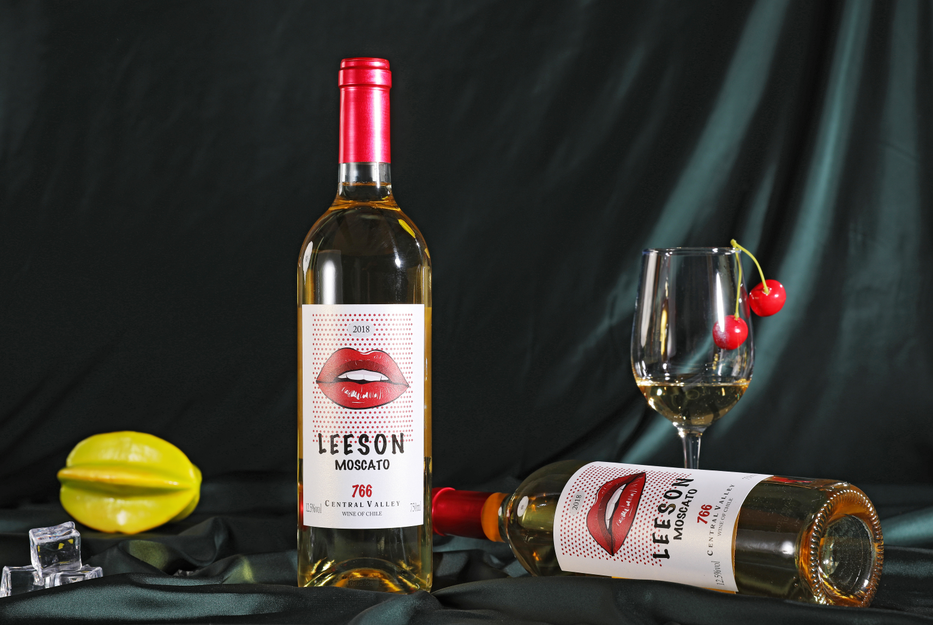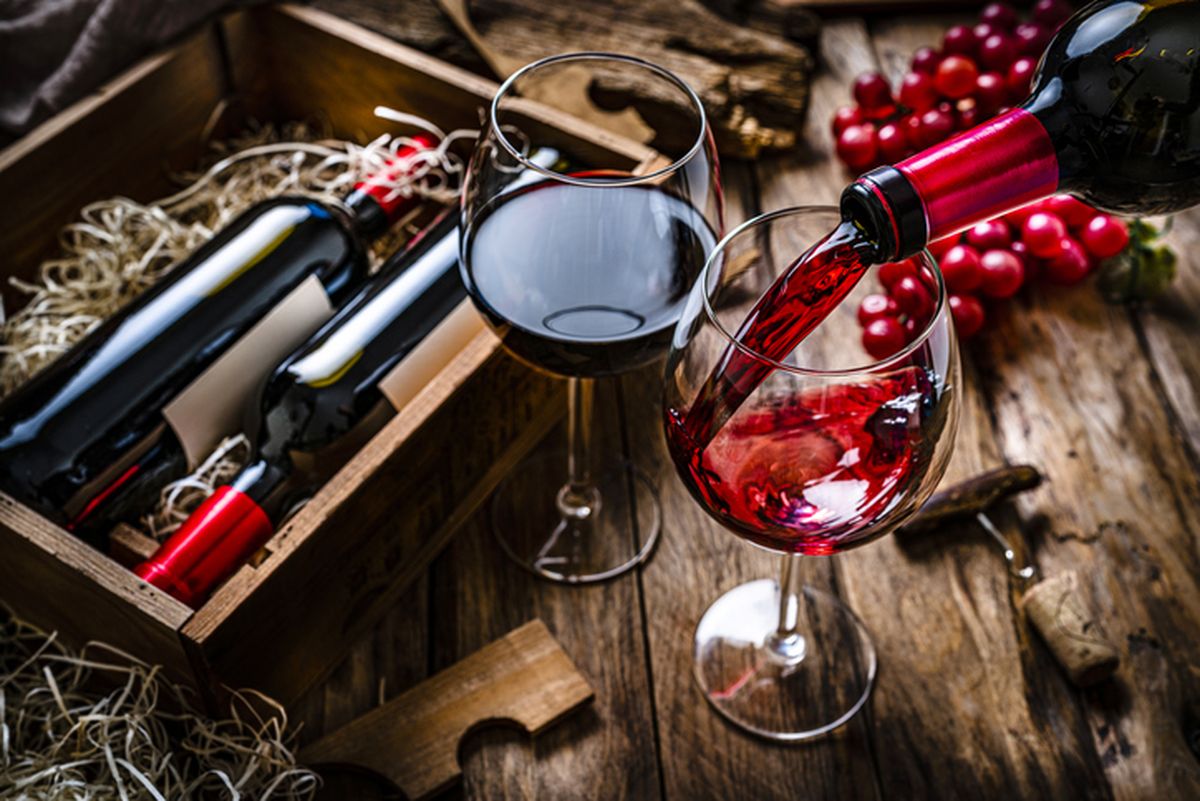When wine is fermented, it is the process of converting sugar into alcohol. The fermentation time and the process used are different, and the alcohol produced is also different. In the end , our common dry wine and sweet wine will be formed. Therefore, some wines do not have any sweet taste, while some wines taste sweet, which means that the difference in wine fermentation process will affect the taste of wine.
Yuncang winery brand LEESON red wine shared So, let's take a look, which process will affect the wine during the fermentation process?
Yuncang Winery is a combination of Yuncang + winery, that is, an online + offline wine sales platform. There are not only offline business entity wineries all over the country , but also online procurement. The concept of Yuncang Winery is : traditional business online, wholesale price of brand red wine. It has truly realized the transfer of traditional business online, offline experience and online ordering, and opened up a full-channel business model.
1. Selection of materials. The quality of wine depends on the maturity of the grapes. If you pick them too early , there is a risk that they will not be fully ripe. , the alcohol is high, the tannins are not strong, the taste will be fat and flat, and the acidity is not enough. Therefore, the timing of picking grapes for wine fermentation will affect the taste of wine. Try to choose grape varieties that are just ripe.
2. Soak the skin. There will be a soaking time for wine during fermentation . The length of the soaking time determines the color of the wine and the tannin content in the skin. If the soaking time is long, the anthocyanins and tannins in the grape skin will be fully integrated into the grape juice. , the color of the wine is deep and the tannin content is high. Conversely, the shorter the maceration time, the lighter the color of the wine and the lower the tannin content. Some wines choose to soak the skins for two weeks, while others choose to soak the skins for more than 50 days. The time of soaking the skins determines the future taste of the wine.
3. Temperature . Fermentation is divided into cold fermentation and hot fermentation, so the temperature of fermentation also determines the future taste of wine. Generally, the temperature of the fermentation tank is 26-37 degrees, and the fermentation temperature of red wine is generally slightly higher. Rose wine and white grapes are generally fermented at low temperature. In order not to destroy the fruity and fragrant grapes, the temperature is 6- between 10 degrees.
4. Press down. During the fermentation process, the grape skins will float on the top of the grape juice under the influence of carbon dioxide gas, and these floating grape skins need to be pressed down continuously to ensure full contact between the grape skins and the grape juice. This is a very gentle method, but the downside is that if artificially pressurized it will bring more oxygen into the wine. Now with the development of technology, the installation of pressure plates in the fermentation barrels makes winemaking more flexible while minimizing manual intervention . There is no constant ingress of oxygen to preserve the taste and flavor of the wine.

The above is from Yuncang winery brand LEESON red wine sharing. Yuncang Winery is a combination of Yuncang + winery, that is, an online + offline wine sales platform. There are not only offline business entity wineries all over the country, but also online procurement. The concept of Yuncang Winery is: traditional business online, wholesale price of brand red wine. It has truly realized the transfer of traditional business online, offline experience and online ordering, and opened up a full-channel business model.

What is fortified Muscat wine?
Muscat grapes are a variety of...(713 )PEOPLE READINGTime:2023-03-01
How to taste the "afterta
Yuncang winery brand LEESON re...(756 )PEOPLE READINGTime:2023-03-01
How to Mobilize All Senses to
Yuncang winery brand LEESON re...(709 )PEOPLE READINGTime:2023-03-01
Do you know the lifespan of wi
People who like to drink wine ...(536 )PEOPLE READINGTime:2023-03-01